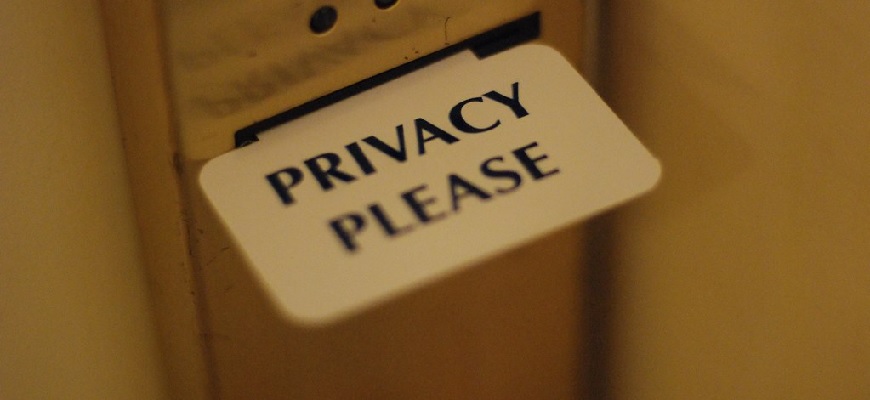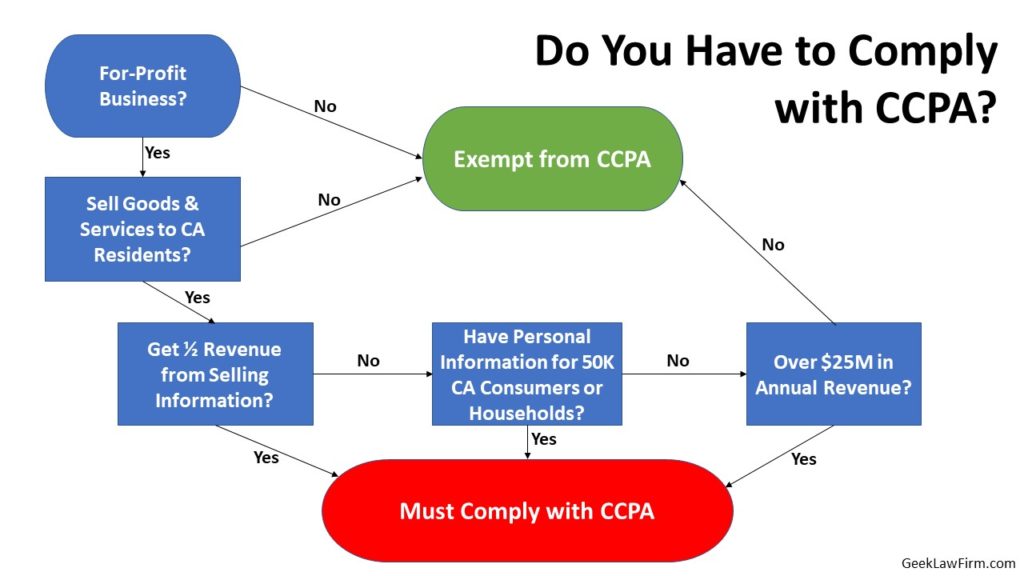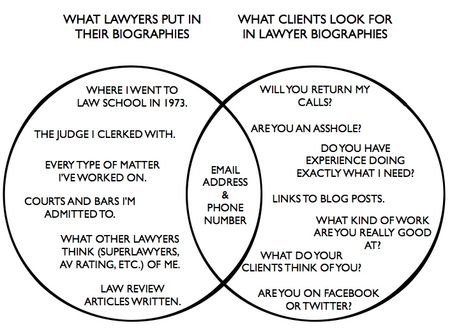
Even when you do everything right as a photographer – signed contract, quality work, deliver the final images on-time, etc., you’ll still have to deal with clients who don’t comply with the contract terms such as being late with payment or alter the images (e.g. cropping them or applying filters) before posting them online.
In these challenging situations, you have options.
What Does Your Contract Say?
The terms of your contract matter most when things go sideways. You want to make sure you have an air-tight contract that is clear about the client’s dos and don’ts, as well as how you’ll resolve disputes.
When I write a dispute resolution clause for my clients, I frequently write one like:
Parties will attempt to resolve the matter among themselves for 30 days. If the dispute is not resolved in that time, then all disputes will be resolved in a court located in [Your County, Your State]. The Parties consent to the personal and subject matter jurisdiction of this court. This Agreement is governed by [Your State] law. The Parties agree that the non-prevailing Party shall be responsible for the prevailing Party’s attorneys’ fees and costs.
Actually, many times, I recommend that my clients have their dispute resolution clause to be based on where I live and Arizona law, because in the event of a dispute, my client will have to pay me throughout the dispute and hope for reimbursement from the other side at the end. It’s cheaper to resolve the dispute on your lawyer’s turf than to have to cover their travel expenses.
Dial Direct
When a client comes to me because their client violated a contract, I often advise them that they should contact their client directly first. Many people feel attacked and go on the defensive when a letter from the lawyer arrives, and they’ll ask, “Why didn’t you just contact me directly?”
When you contact your client, be sure to give them an out, a way to save face, particularly if the client hired you for personal or family photos. They don’t likely understand things like copyright. It could be a casual message like:
“Hey there. I noticed you did XYZ. I’m glad you’re loving the photos so much. I think you may have forgotten that our contract says ABC. Please remove the images by Date.”
When you send the email, include a copy of the contract, possibly with the pertinent provision highlighted.
If that a doesn’t work, the next email should be more forceful. (This may also be your opening response, depending on the client.) You want to clearly state that the person is in violation of the contract, and they must remove images by a specific date. Many times, I recommend including the sentence, “I hope we can resolve this matter without having to resort to lawyers.”
If that doesn’t work, that’s when it’s time to have your lawyer to send a nastygram (cease and desist letter) on your behalf.
Truth be told, frequently I’m the one who writes these emails for my clients to send. This way, the emails are legally accurate, which makes it easier if I have to get involved.
Other Ways to Go After Illegal Image Use Online
If a client posted images online that they weren’t supposed to, and you’ve posted them online somewhere, you can bypass your client completely and send a DMCA Takedown Notice to the website where the images were posted. This tactic only works for U.S.-based companies and companies that comply with these notices, since the Digital Millennium Copyright Act (DMCA) is part of the U.S. Copyright Act.
To comply with the DMCA, the website has to remove access to the images. Note: It is easy for the client to send a DMCA Counter Takedown Notice to get the images restored. If you are concerned your client may do that, you may want to send them a note that doing so would constitute perjury.
Images that Should Have Been Licensed
Sometimes websites and/or paper publications ask the person in the image if they can use the photo without verifying who is the copyright owner. If this person is your client, they may be so flattered and excited by the offer, that they forget they don’t have authority to grant permission for the use.
If this happens, and your photo is used without your permission, particularly if it’s a situation where you would have charged a licensing fee, the proper response is to contact the publisher and inform them of their mistake. You can even send them a bill with a letter that essentially says, ““By using my photo, you’ve agreed to our licensing terms” and include a copy of your standard license.

Non-Paying Clients
There are few things more frustrating for any entrepreneur than having to chase a client for payment. I’m a strong advocate that photographers should not provide proofs to a client until all outstanding balances have been paid.
Likewise, if the expectation is that the client must pay you before or at the time of the event or photog shoot, and they don’t pay, don’t be afraid to leave. Why do any work for them if they haven’t paid you to do so? If you choose to stay, I hope your contract includes a provision that lets you charge a hefty late fee.
No matter what or how you charge for your work, always send a reminder about when payments are due, including a notice about your penalties for late payment.
Contract are relationships management documents. They should address the interactions with your clients, including when things go sideways.
Lights Camera Lawsuit
There’s always a need for quality legal information for photographers. That’s why I created an online course called Lights Camera Lawsuit: The Legal Side of Professional Photography to address photographers’ most important questions. I want you to feel secure in your business, confident in the way you operate day-to-day, knowing that you’ve set yourself up to get paid what your worth without incident.
At $497, the course contains nearly six hours of legal information you can immediately apply to your business. That’s less than what I charge for two hours of legal work for clients!
Please subscribe for more information and to make sure you don’t miss out on any special offers or discounts.










